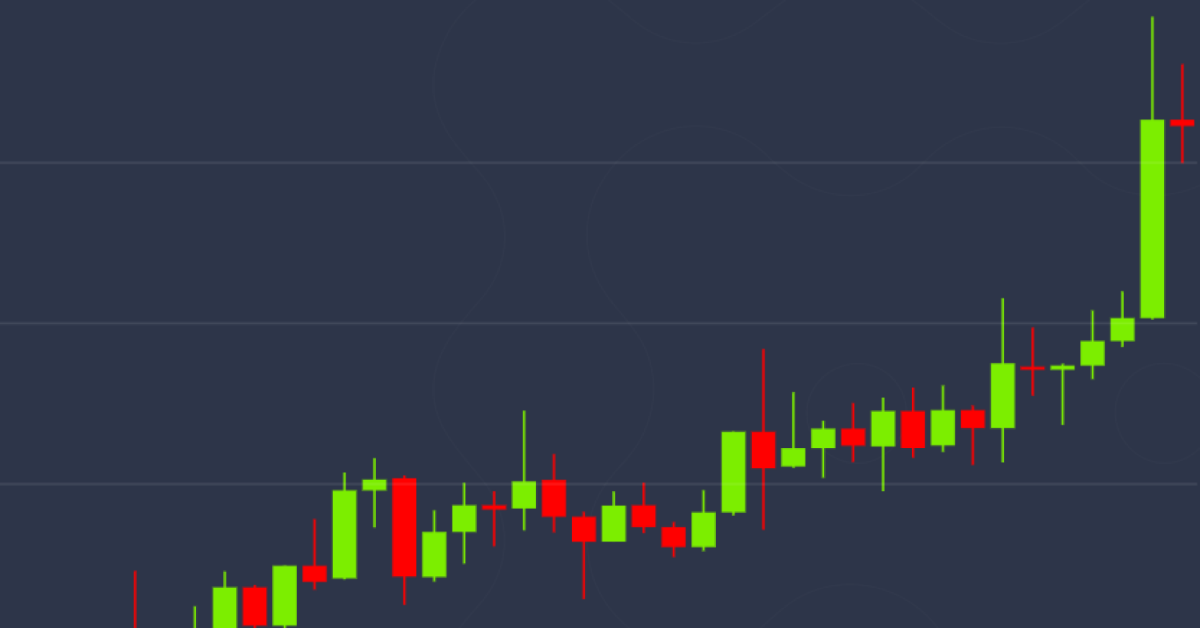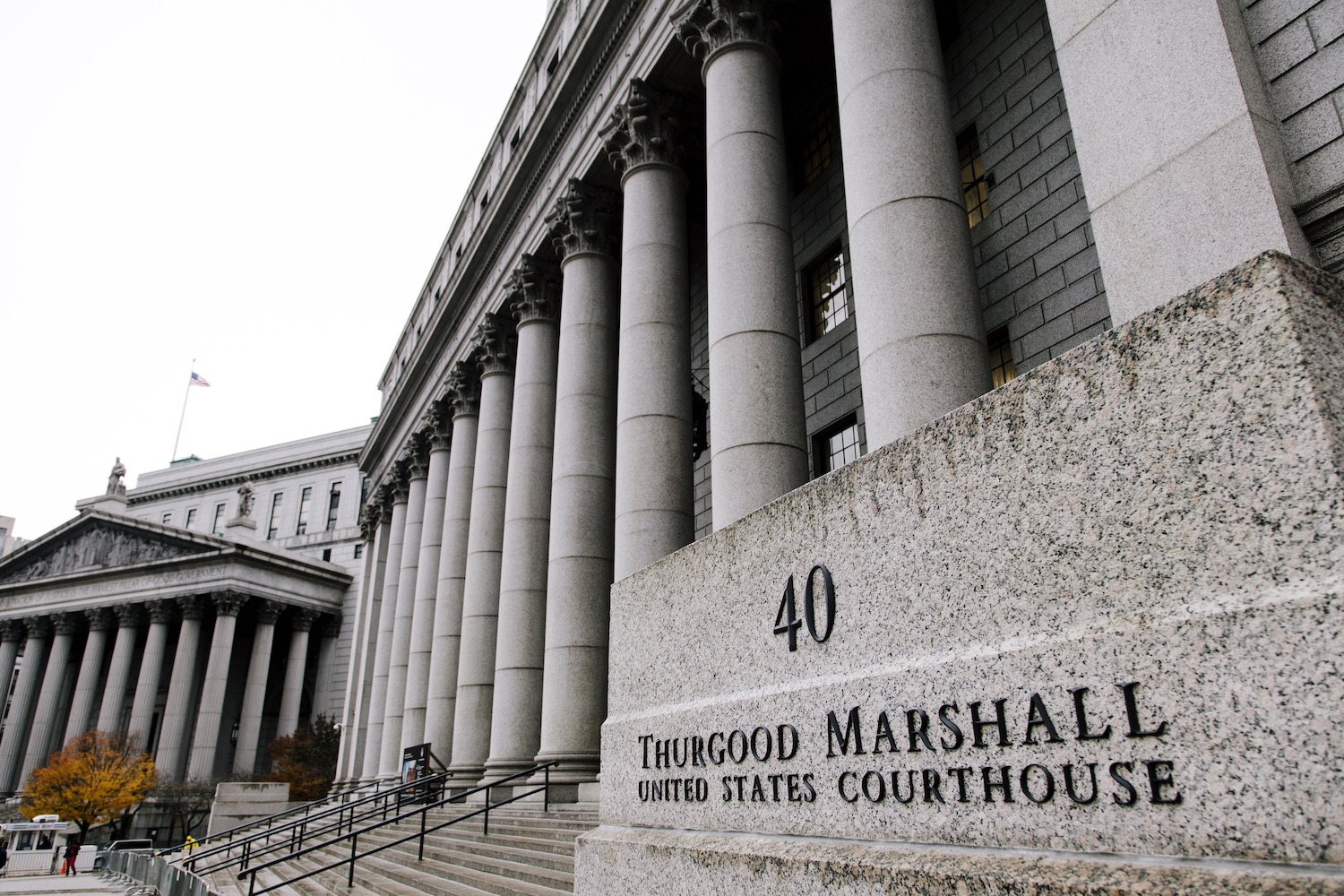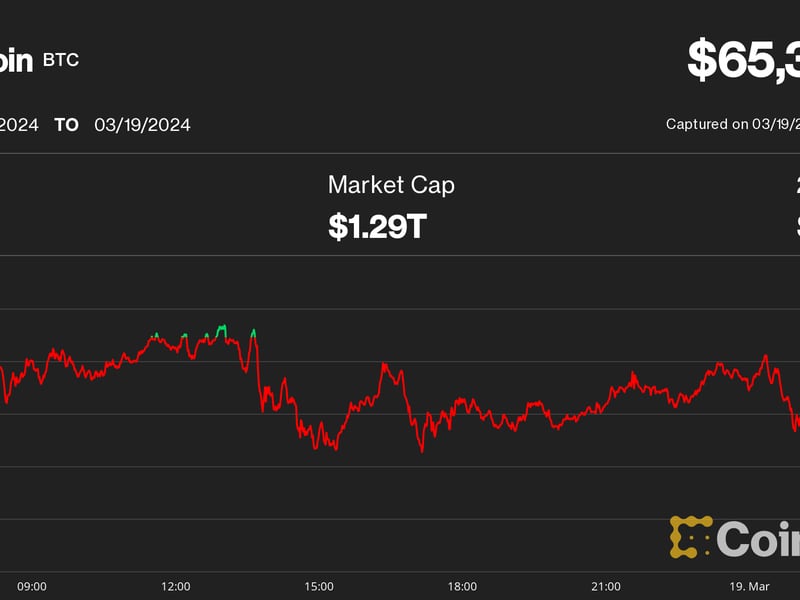Ripple’s Effect on Financial Advisors
The Securities and Exchange Commission (SEC) lawsuit against Ripple, related to the sale of the XRP token, has been one of the most controversial and hotly debated topics in the cryptocurrency industry. The lawsuit alleges Ripple conducted an unregistered securities offering by selling XRP, which is the cryptocurrency used by the Ripple network. The case has been closely watched by the cryptocurrency community because of the potential implications for the classification of cryptocurrencies as securities.
You’re reading Crypto for Advisors, a weekly look at digital assets and the future of finance for financial advisors. Subscribe here to receive the mailing every Thursday.
Ripple is a San Francisco-based technology company that was founded in 2012. Ripple’s primary goal is to create a global payment system that can facilitate fast and low-cost cross-border payments. The company has developed a payment protocol called the Ripple Protocol, which is designed to facilitate real-time gross settlement (RTGS) of funds between financial institutions. Ripple’s payment network uses XRP, which is a digital asset that is designed to serve as a bridge currency for cross-border payments.
XRP is the native cryptocurrency of the XRP Ledger and was designed to rival Bitcoin and other blockchain networks. It is used by Ripple to facilitate transactions on the Ripple network and can be traded on various cryptocurrency exchanges. XRP is designed to be a fast and low-cost way to transfer value across borders. The Ripple network uses XRP to provide liquidity for cross-border payments, which can help to reduce the time and cost of transactions.
In December 2020, the U.S. Securities and Exchange Commission filed a lawsuit against Ripple Labs Inc., CEO Brad Garlinghouse and Chairman Chris Larsen. The lawsuit alleges Ripple conducted an unregistered securities offering by selling XRP. The SEC argues XRP is a security and should have been registered with the agency before it was sold to investors.
Ripple has denied the allegations and has been fighting the lawsuit in court, which Garlinghouse has predicted in an interview held during CoinDesk’s Consensus 2022 conference that Ripple will have spent “over $100 million on legal fees fighting the SEC.” The company argues that XRP is not a security but a digital asset that serves as a bridge currency for cross-border payments. Ripple also claims the SEC’s actions against the company are arbitrary and capricious and that the agency has created regulatory uncertainty in the cryptocurrency industry.
XRP removed from exchanges
One of the immediate impacts of the SEC lawsuit against Ripple and XRP was that several cryptocurrency exchanges delisted or suspended trading of XRP. The delisting of XRP was a significant blow to the cryptocurrency’s market value because it led to a sharp decline in trading volume and price.
The removal of XRP from these exchanges was due to concerns over the potential classification of XRP as a security. Exchanges that list securities are subject to more stringent regulations and oversight, which can create additional costs and legal risks. The delisting of XRP highlights the potential risks associated with investing in cryptocurrencies and the importance of regulatory clarity for the cryptocurrency industry.
John Deaton’s intervention
In the middle of the case, attorney John Deaton was granted permission by a federal judge to enter the SEC case as an outside advisor (amicus curiae). As of today he is representing roughly 75,000 XRP holders who believe XRP is not a security and that the SEC’s actions have caused significant harm to XRP holders. This intervention has caused further debate in the cryptocurrency industry regarding the classification of XRP and the SEC’s actions against Ripple.
At the end of 2022, over a dozen other major crypto industry supporters, such as Coinbase, joined in by filing “friend of the court” briefs in support of Ripple.
Implications for financial advisors
Financial advisors should care about the outcome of the SEC lawsuit against Ripple and XRP because it could have significant implications for their clients and the entire financial industry. If XRP is deemed a security, it could lead to increased regulatory oversight and restrictions on the use of cryptocurrencies. This could negatively impact the value of XRP and other cryptocurrencies and create legal and regulatory uncertainty in the cryptocurrency industry that could make its way into traditional finance.
Financial advisors may need to reassess their recommendations regarding cryptocurrencies if they become subject to more regulatory oversight and restrictions. Advisors who have recommended XRP or other cryptocurrencies to their clients may need to inform them about the potential risks associated with these investments and discuss strategies for managing these risks.
The outcome of this lawsuit could have broader implications for the traditional financial world. It could create a more restrictive regulatory environment for cryptocurrencies and initial coin offerings (ICO), making it more difficult for financial institutions to adopt and integrate these assets into their operations. This could limit the potential benefits that cryptocurrencies could bring, such as faster and cheaper cross-border payments.
The lawsuit is not, however, just about XRP. Instead, it is about the broader question of whether cryptocurrencies are securities and a redefining of the question, “What is a security?” If the court decides XRP is a security, it could set a precedent for the classification of many different types of assets, not just cryptocurrencies. This could create significant uncertainty in the cryptocurrency industry and could lead to a more restrictive regulatory environment, which could potentially lead to the United States falling behind in this new technology to other countries that have embraced it.
Edited by Henry Bond.
Learn more about Consensus 2023, CoinDesk’s longest-running and most influential event that brings together all sides of crypto, blockchain and Web3. Head to consensus.coindesk.com to register and buy your pass now.
DISCLOSURE
Please note that our
privacy policy,
terms of use,
cookies,
and
do not sell my personal information
has been updated
.
The leader in news and information on cryptocurrency, digital assets and the future of money, CoinDesk is a media outlet that strives for the highest journalistic standards and abides by a
strict set of editorial policies.
CoinDesk is an independent operating subsidiary of
Digital Currency Group,
which invests in
cryptocurrencies
and blockchain
startups.
As part of their compensation, certain CoinDesk employees, including editorial employees, may receive exposure to DCG equity in the form of
stock appreciation rights,
which vest over a multi-year period. CoinDesk journalists are not allowed to purchase stock outright in DCG
.
:format(jpg)/www.coindesk.com/resizer/-dhNZ3QeSFvKGQXB0XRzQYLNd0U=/arc-photo-coindesk/arc2-prod/public/HWWHR3Z3O5CUNMEJDG4DREJGV4.jpg)
DJ Windle is the Founder and portfolio manager at Windle Wealth, where he manages the Income Growth and Crypto portfolios. He is a contributing writer for CoinDesk’s Crypto for Advisors newsletter.









